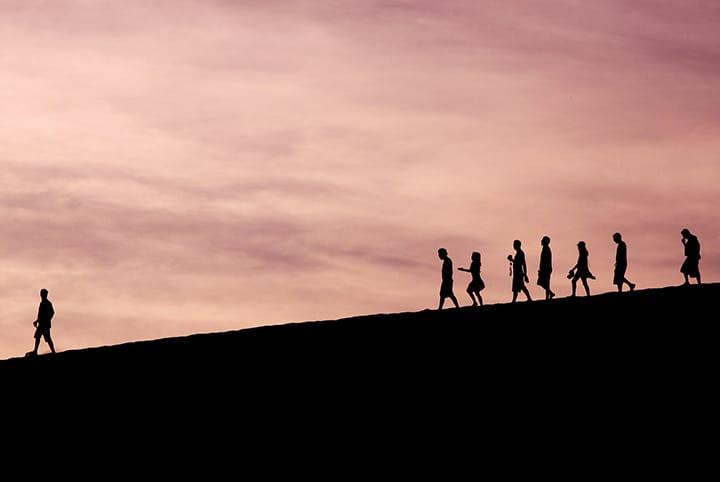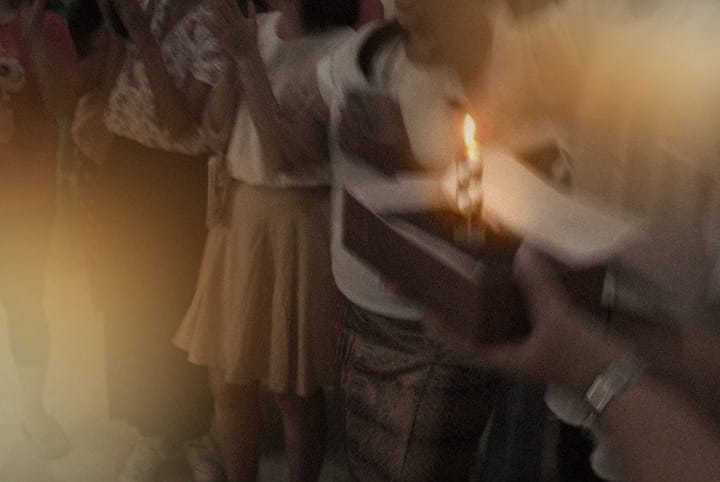Psalm 68 is one of those songs that is full of excitement. The psalmist begins with the exclamation, "God is aroused, and his enemies are scattered; those who hate him flee from his presence" (verse 2). However, behind the image of a powerful and mighty God, there is a beautiful paradox: the mighty One cares for the weak. The God who dwells in his holy dwelling, who walks in the wilderness with power, is also described as the "Father of the fatherless, the Advocate of the widows" (verse 6).
This is the face of God that is different from the image of the ruler of the world. Power in human hands often means domination, oppressing the small and strengthening the already powerful. But God's power comes in other forms: power that liberates, power that establishes justice, and power that defends the powerless. This psalm is a song of victory, but not of arrogant conquest, but of victory in favor of life, of the vulnerable and the marginalized. In our context today, this message is relevant. We live in a world where the strong often ignore the weak: those whose voices are silenced in the political frenzy, those who lose access to education, healthcare, or even just recognition of their dignity. But Psalm 68 reminds us that the true God is not on the side of the oppressed. Instead, he dwells with the oppressed, brings defense, and makes room for the displaced.
The experience of a God who "defends the weak" fosters a deep sense of security. This sense of security is not simply the absence of danger, but the existential realization that life is guarded by a love greater than any power. People who live in this awareness will be more courageous in facing injustice, more willing to share with others, and more resolute in upholding the truth because they know that beyond their limitations, there is a God who defends them.
Friends of the Bible, if the mighty God chooses to defend the weak, aren't we also called to do the same? Being "strong" does not mean ruling over others, but daring to use strength to lift up the fallen, protect the fragile, and make room for the disregarded. So, let us celebrate God's liberating power by living in defense of others. By doing so, we not only sing, "Blessed are you, Lord! Day by day he bears our burdens" (verse 20), but also bring the song into reality. For the mighty God is still at work, through us who are called to defend, uplift, and love.




















